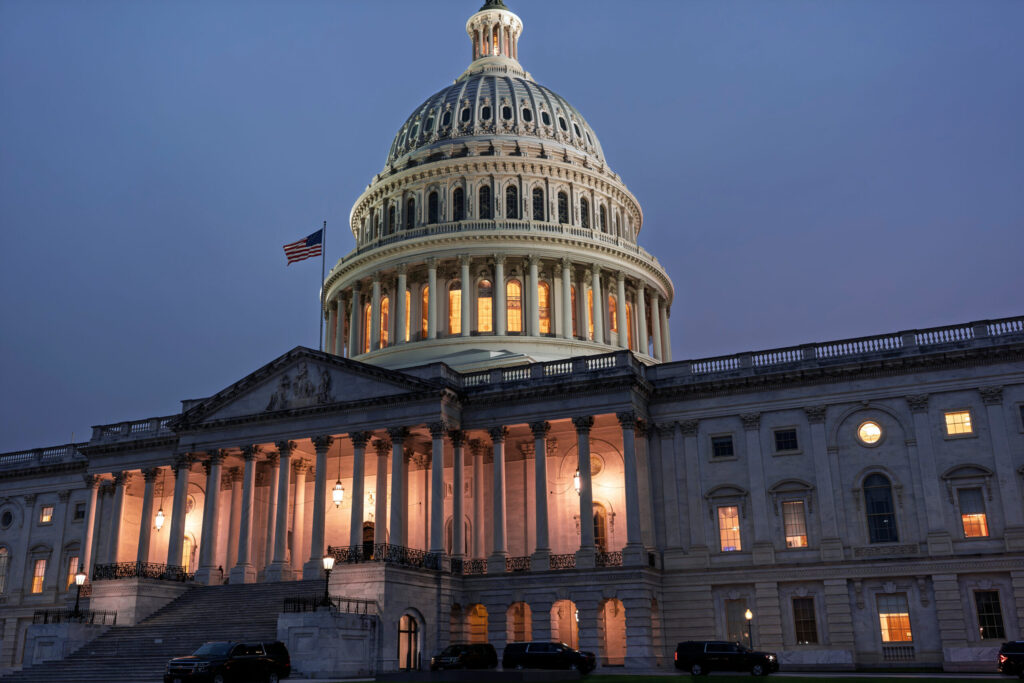Tax cuts are helping some businesses expand; they’re helping mine survive

The recently passed federal tax cuts include much for businesses to like. A new 20 percent tax deduction, immediate expensing of capital investment, and lower across-the-board tax rates give some businesses the extra funds they need to expand, hire and raise wages.
But for other Colorado small businesses like mine, they’re merely helping us survive the state’s 44 percent minimum wage increase that is currently being phased in. This is not as glamorous as the tax cut-induced wage increases and expansion. But it means that some small businesses avoid having to layoff employees or close their doors because they can’t absorb the minimum wage increase.
Colorado Democratic candidates for Congress must clarify whether they stand with party leadership in wanting to repeal these tax cuts if they retake Congress this November. Especially at a time when communities are clamoring for more small, unique businesses.
It may be difficult for those Coloradans who do not own a small business and employ people to understand the impact of Colorado’s dramatic minimum wage increase. While I would love to pay my employees more, my business, like other movie-theaters and restaurants, keep only a few cents on every dollar they earn. Labor makes up roughly one-third of our costs. When these costs increase by 50 percent or more, including associated payroll tax and insurance increases, they’re almost impossible to absorb.
The tax cuts are helping. The ability to write off 20 percent of my earnings provides me with a cushion to cover the wage mandate blow. I won’t know until the end of the year if the tax cuts will be enough of an offset to allow me to expand. The immediate expensing on capital investment provision may make it easier for me to add another movie screen.
Larger state businesses are in a better position to take advantage of the tax cuts. For instance, Canary LLC, an oil and gas services company in Denver, is using its tax cut savings to aggressively expand and “furiously” hire more employees. Several banks in the state, including Bank of Colorado and FirstBank, are significantly raising employee pay.
Then there are the bigger paychecks brought home by ordinary people as a result of reduced federal tax withholding. The median household in the country is expected to save more than $2,000 a year as a result. I am happy to see that my employees will be able to keep more of their hard earned money.
While leading Democrats call this – and the tax cut-induced raises – “crumbs” and “pathetic,” this is real money for those living outside Aspen, Boulder, and the wealthy parts of Denver. It is enough to pay for gas for the year, utility bills, and cell phone plans. For the four-fifths of working Americans who live paycheck-to-paycheck, these raises make life a little better.
From the point of view of small businesses, more disposable consumer income is exciting. The booming economy and bigger paychecks should mean more business, helping Main Streets and communities throughout the state.
Despite these benefits, Democratic House Minority Leader Nancy Pelosi has promised to “repeal and replace” the tax cuts if she retakes the speaker’s gavel this fall. Democratic Senate Minority Leader Chuck Schumer says he wants them “revamped.”
Colorado voters deserve to know whether their Democratic congressional candidates, including Jason Crow in Colorado’s always competitive 6th District, would line-up behind Pelosi and Schumer to raise taxes on millions of hardworking Coloradans.
That would really be a horror show.














